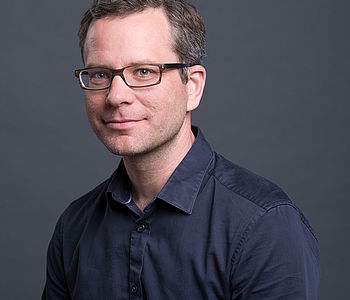Dr. Helge Wendt | Associated Researcher
Former Member
Home Institution
:
Max-Planck-Institut für Wissenschaftsgeschichte
|
Disciplines
:
History
,
History of Science
|
Biography
Studies in Ancient American Studies and History at the Freie Universität Berlin (1998-2004). PhD at the University of Mannheim in the doctoral program Formations of the Global (2004-2009). Research assistant at the Chair of Modern History (Prof. Erich Pelzer) at the Institute of History, University of Mannheim (2009-2011). Lorenz Krüger Fellowship at the MPI for the History of Science (2011-2012). Research Scholar at the MPI for the History of Science and Research Associate at the SFB 644 Transformationen der Antike (2013-2017). Research Scholar at the MPI for the History of Science and Research Associate at the SFB 980 Episteme in Bewegung (since 2017). Visiting Professor for the History of the Americas in the Pre-Modern Era, Universität Bielefeld (winter term 2022/23) and for Non-European History at the Universität Münster (summer term 2023). Habilitation in Modern and Contemporary History at the Freie Universität Berlin (January 2023).
Institution of thesis
Supervisor
Projects
Building Materials as Recycled Products (2023-today)
Industrial Schools in the 19th Century in Global Comparison (2021-present)
Cosmologies of Early Modern Mining (2017-2024)
A Global History of Coal Knowledge (2012-2023)
Coal as a Material in the History of Knowledge (2019-2023)
Mission and the Decolonization of Africa and India (2017-2020)
Convivencia and Cultural Mestizations (500-1750) (2015-2019)
Recycling and Reconstruction: The German and French Construction Industries in the Interwar Period
With the end of the 1st World War, construction companies, architects and te public building administrations in Germany and France had to cope with the fact that traditional building materials were scarce. This situation was a consequence of the war economy, but especially of the fuel shortage, which limited the production of building materials. However, new building materials could be obtained through the recycling of old building materials and especially the recovery of materials from heavy industry.
The project examines developments in the building materials industry, focusing on the production of cements and asphalts in both countries. It examines how the relationship, which was shaped by the wartime period and the Versailles Peace Treaty, was also characterized by mutual observation in the building materials industry. In particular, a not always voluntary transfer of knowledge, know-how, materials and industrial plants, especially from Germany to France, appears, which was based on this mutual observation knowledge, also published in journals.